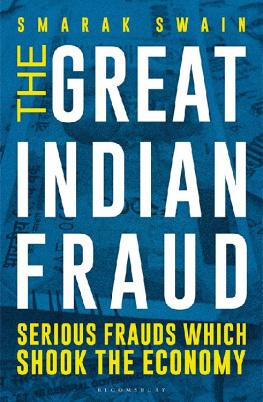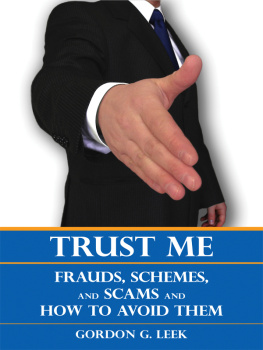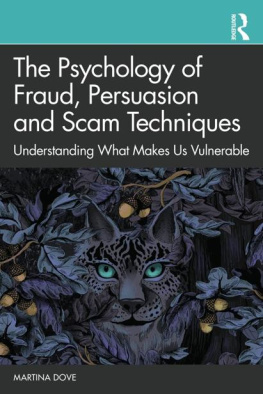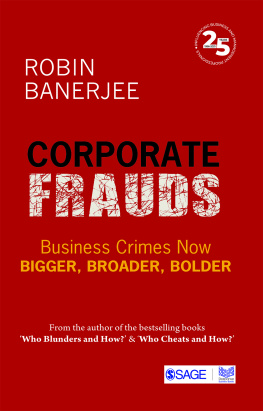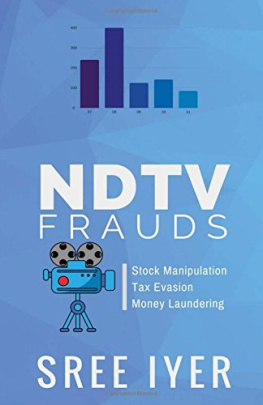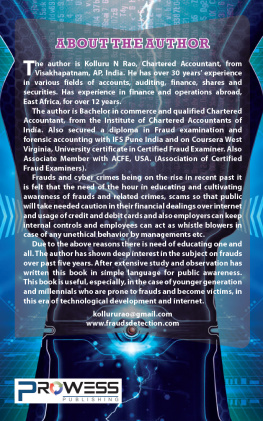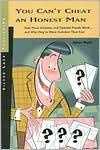THE GREAT INDIAN FRAUD
THE GREAT
INDIAN FRAUD
Serious Frauds which Shook the Economy
Smarak Swain
BLOOMSBURY INDIA
Bloomsbury Publishing India Pvt. Ltd
Second Floor, LSC Building No. 4, DDA Complex, Pocket C 6 & 7,
Vasant Kunj, New Delhi 110070
BLOOMSBURY, BLOOMSBURY INDIA and the Diana logo are trademarks of
Bloomsbury Publishing Plc
This edition published in 2020
Copyright Smarak Swain, 2020
Smarak Swain has asserted his right under the Indian Copyright Act to be identified as the Author of this work
All rights reserved. No part of this publication may be reproduced or transmitted in any form or by any means, electronic or mechanical, including photocopying, recording or any information storage or retrieval system, without the prior permission in writing from the publishers
Bloomsbury Publishing Plc does not have any control over, or responsibility for, any third-party websites referred to or in this book. All internet addresses given in this book were correct at the time of going to press. The author and publisher regret any inconvenience caused if addresses have changed or sites have ceased to exist, but can accept no responsibility for any such changes
ISBN: HB: 978-9-3898-6722-0; eBook: 978-9-3898-6724-4
2 4 6 8 10 9 7 5 3 1
Created by Manipal Digital
Bloomsbury Publishing Plc makes every effort to ensure that the papers used in the manufacture of our books are natural, recyclable products made from wood grown in well-managed forests. Our manufacturing processes conform to the environmental regulations of the country of origin
To find out more about our authors and books visit www.bloomsbury.com and sign up for our newsletters
To
My lovely grandmothers,
Late Banija Swain
and
Late Jamuni Jena
CONTENTS
It is difficult to recall the exact moment, but the idea to study financial frauds and to write a book on it crystallised while I was delivering a lecture at the Indian Institute of Management (IIM), Indore. Satyasai Rath, my senior colleague in the Indian Revenue Service (IRS), had been the inspiration behind the initiative. He had prodded me to research on motives behind creative accounting practices. The lengthy discussions I had with him on creative accounting practices helped me develop competence on this topic. Later, he referred me to Professor Saumya Ranjan Dash and Professor Mehul Raithatha at IIM Indore, who arranged the lecture on creative accounting practices in February 2019. The debates I had with Professor Raithatha and his students helped me develop a cogent narrative style on this topic.
I got important insights on bank frauds from batchmate and colleague Pradeep Singh Gautam, who had just returned from the UK, where he had researched the Insolvency and Bankruptcy Code (IBC) of India. Another batchmate, Rupesh Agarwal, now posted in the Serious Fraud Investigation Office (SFIO), gave critical insights on company law in India. Yet another batchmate, Lalit Mohan Jindal, now on deputation at the Central Bureau of Investigation (CBI), helped me with understanding the law on economic crimes.
For assistance on origin frauds, I reached out to Md Moin Afaque, an old classmate from Indian Institute of Technology (IIT), Kharagpur, who is now working for the Indian Trade Service (ITS). He shared many case studies on anti-dumping duties and circumvention, which helped me form a calibrated perspective on Indias trade defence measures.
I am greatly indebted to chartered accountants I have met professionally and my colleagues in the Income Tax department and the Department of Revenue. My understanding of accounts and finance has deeply been shaped by tax professionals and tax officers I have interacted with in the course of my work.
I did not have to go too far for help on export-import and Goods and Services Tax (GST) frauds. My wife Ashima, who has worked for many years in the Customs department, also happens to be a master trainer on GST. I am grateful to Ashima for many other reasons. She suffered through my many contemplative phases, in which I only read and wrote, in the middle of a lockdown forced upon us by the COVID-19 pandemic. For the record, I had offered to help her with household chores during the lockdown.
Gangadhar Patil and Hemant Gairola of 101reporters.com read the book and shared important feedback on the narration and pace. Praveen Tiwari of Bloomsbury Publishing motivated me through the entire process of writing. Shreya Chakraborti, Bhaswati Mukhopadhyay and Nitin Valecha, part of the editorial team at Bloomsbury Publishing, did fantastic fact-check and flawless editing of the book.
Serious frauds are a result of failures that challenge free markets and disrupt economic processes in ways more profound than the fraud itself. Such fraudulent acts create ripples that undermine the economic security of liberal democracies like India.
The free market economy is based on the idea that when individuals are left to themselves, they take decisions in self-interest that automatically leads to order. Order comes from uncoordinated behaviour of individuals, almost like a miracle. Economist Adam Smith, who introduced us to this miracle in 1759, described it as an invisible hand of the market. Smith said by pursuing self-interest, an individual frequently promotes that of the society more effectually than when he really intends to promote it.
Austrian-British economist Friedrich Hayek saw the invisible hand of the market as a spontaneous order, which comes in a free market and results in better allocation of resources, than any planning could achieve. It is now widely accepted that an ideal free market economy, where every individual is free to act selfishly, is much more efficient than any alternative system in which the State intervenes. The State has no role in a free market economy.
However, an ideal market is possible only when every market participant follows the rules and does not game the system. When participants try to game the market, market failure happens. Free markets yield poor outcomes whenever market failure happens. This is where the State plays a role: preventing and curing market failure.
Market failures are broadly of four types: Externalities, asymmetric information, market power and public goods. Financial frauds are a form of market failure through asymmetric information and may be the severest of all forms of market failure. The 2008 sub-prime mortgage crisis in the US, which became a worldwide economic crisis, is often quoted by critics of the free market system to prophesize that free market economics has failed. The sub-prime crisis was the result of financial frauds perpetrated at multiple levels. Banks and other lending institutions aggressively gave home loans to individuals with sub-prime credit rating at prime lending rates. This was brokered by mortgage intermediaries, who were eager to get more and more customers so that they could get brokerage. Banks, in turn, securitised these sub-prime loans by declaring them as prime loans. Investment banks misrepresented the characteristics of these securities and sold them to institutional investors. When homebuyers defaulted on their loans en masse, the securities turned stale and afflicted the entire chain. There was fraud committed at multiple levels.
Financial frauds are cheat codes that can undermine a free market economy. Small and stray frauds such as credit card fraud or phishing affect some people, but serious frauds in the financial system of an economy affect the entire economy. First, it affects the level of trust people have in the market. In a way, serious frauds can be equated to epidemics and pandemics. After the COVID-19 pandemic, workers and managers went into a lockdown mode. There was widespread fear in the market and the global economy came to a near standstill. COVID-19 infected a number of people, but the fear of contracting it affected economic behaviour of many more. Similarly, whenever a serious fraud hits the news, people lose their confidence on the entire market. The markets integrity is questioned.

